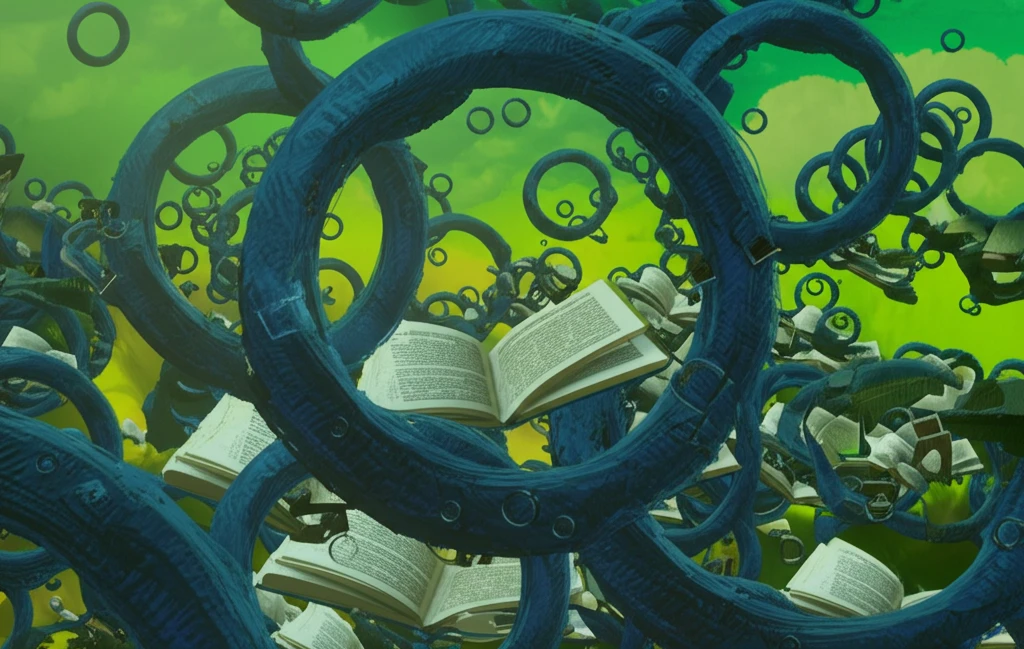
Unlock Your Teaching Potential: How Different Perspectives Can Transform Math Education
"Dive into the world of mathematics education and discover how combining various theoretical lenses can revolutionize your approach to curriculum materials and teacher-student interactions, enhancing learning outcomes."
In today's rapidly evolving educational landscape, mathematics educators face the ongoing challenge of creating engaging and effective learning experiences. Traditional approaches often fall short of capturing the complexities of teacher-student interactions with curriculum materials. By integrating different theoretical viewpoints, educators can unlock deeper insights into these dynamics, ultimately transforming how mathematics is taught and learned.
This article delves into a groundbreaking study that examines mathematics teachers' interactions with curriculum materials through three distinct lenses: the Documentational Approach to Didactics (DAD), the Anthropological Theory of the Didactic (ATD), and the Cultural-Historical Activity Theory (CHAT). By comparing the insights gleaned from each perspective, the study uncovers a more comprehensive understanding of the processes at stake in mathematics education.
Focusing on a case study involving two experienced mathematics teachers preparing lessons on the topic of 'algorithmics,' a new addition to the French curriculum, this exploration provides practical implications for teacher learning and professional development. Algorithmics, introduced in grade 6, presented a unique challenge for these teachers, making their collaborative lesson preparation an ideal context for analyzing resource interaction and pedagogical strategies.
Decoding Teacher-Curriculum Interaction: A Multi-Lens Approach

The study leverages three complementary theoretical frameworks to dissect the intricate interactions between teachers and curriculum resources. Each framework offers unique insights, contributing to a richer, more nuanced understanding of mathematics education. Documentational Approach to Didactics (DAD) emphasizes the mutual adaptation of user and resource through documentational genesis. Anthropological Theory of the Didactic (ATD) focuses on knowledge generation when working with curriculum materials. Cultural-Historical Activity Theory (CHAT) highlights activity processes and the interrelationship of rules, division of labor, community, and mediating artifacts.
- Designing a detailed script of the session to identify significant stages in the teachers' documentation work.
- Distinguishing significant issues and questions the teachers faced, along with their proposed solutions.
- Analyzing how these stages, answers, and moments can be explained through each theoretical perspective.
- Using a timeline model to track and compare findings across the different theoretical lenses.
Transforming Math Education: Practical Takeaways
This study offers valuable insights for educators, curriculum developers, and policymakers aiming to enhance mathematics education. By understanding the diverse ways teachers interact with curriculum materials, we can develop more effective resources and support systems that foster innovation and improve learning outcomes. Embracing a multi-lens approach not only enriches our understanding of educational processes but also empowers teachers to create more engaging and meaningful experiences for their students. As educational practices evolve, integrating these theoretical frameworks can lead to a more adaptive, effective, and inclusive approach to mathematics education, ensuring that educators are well-equipped to meet the challenges of tomorrow.
